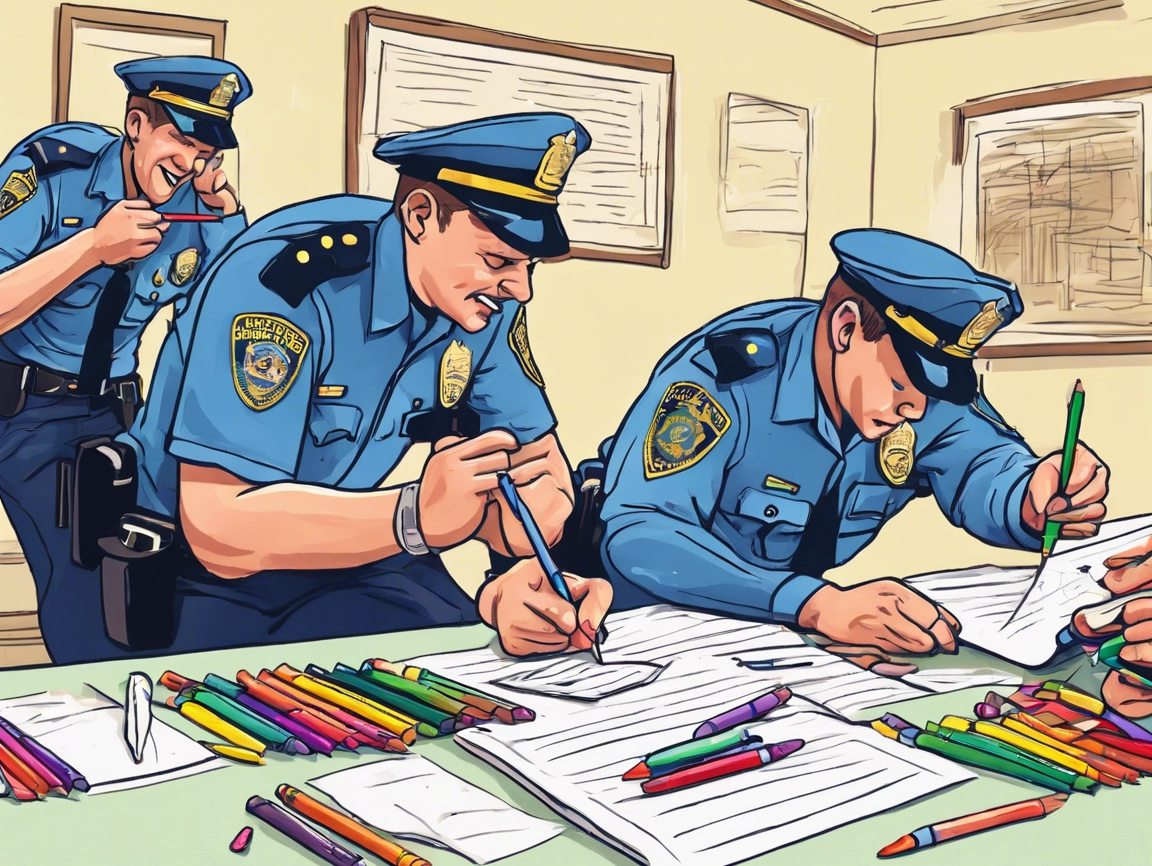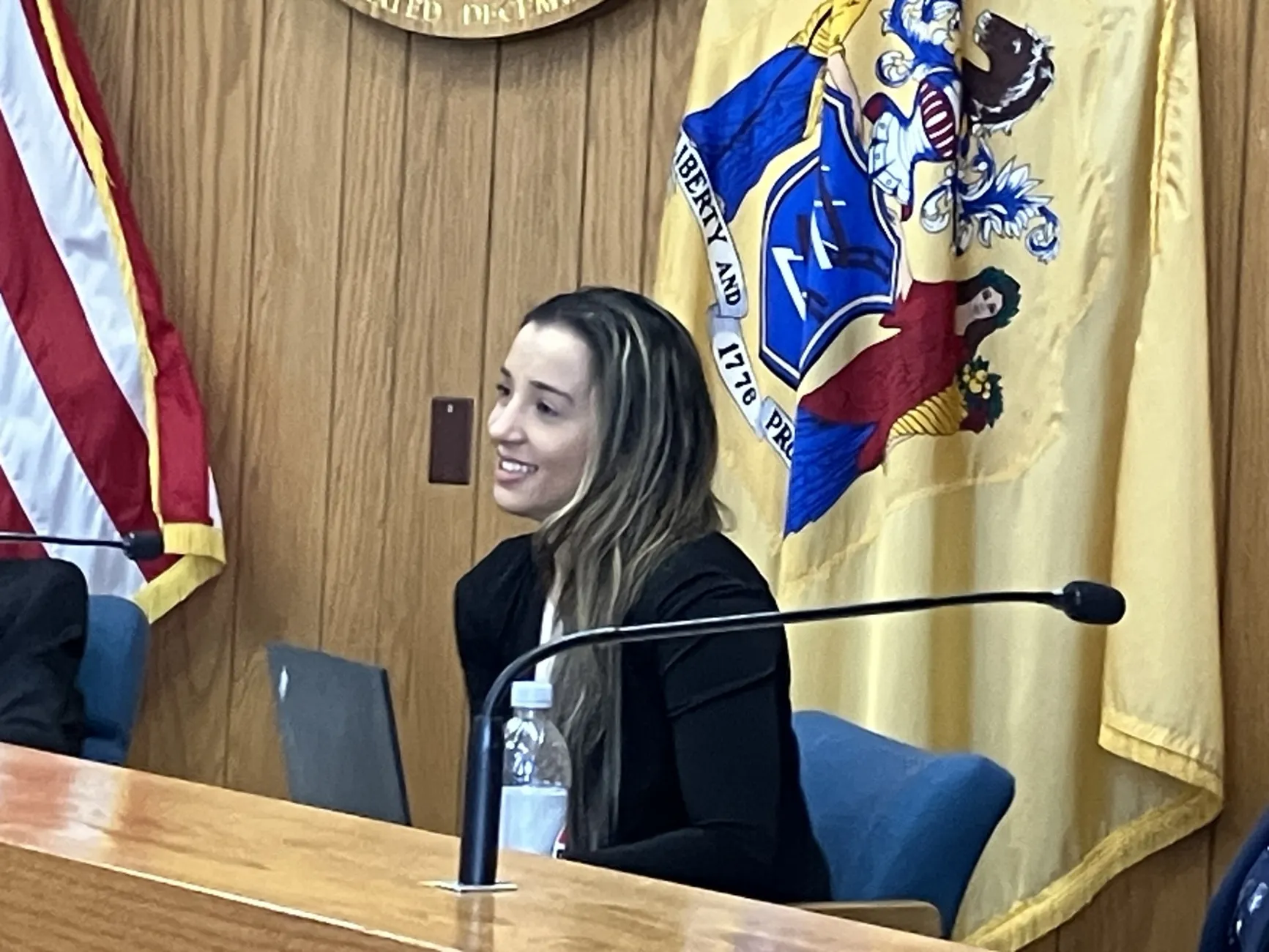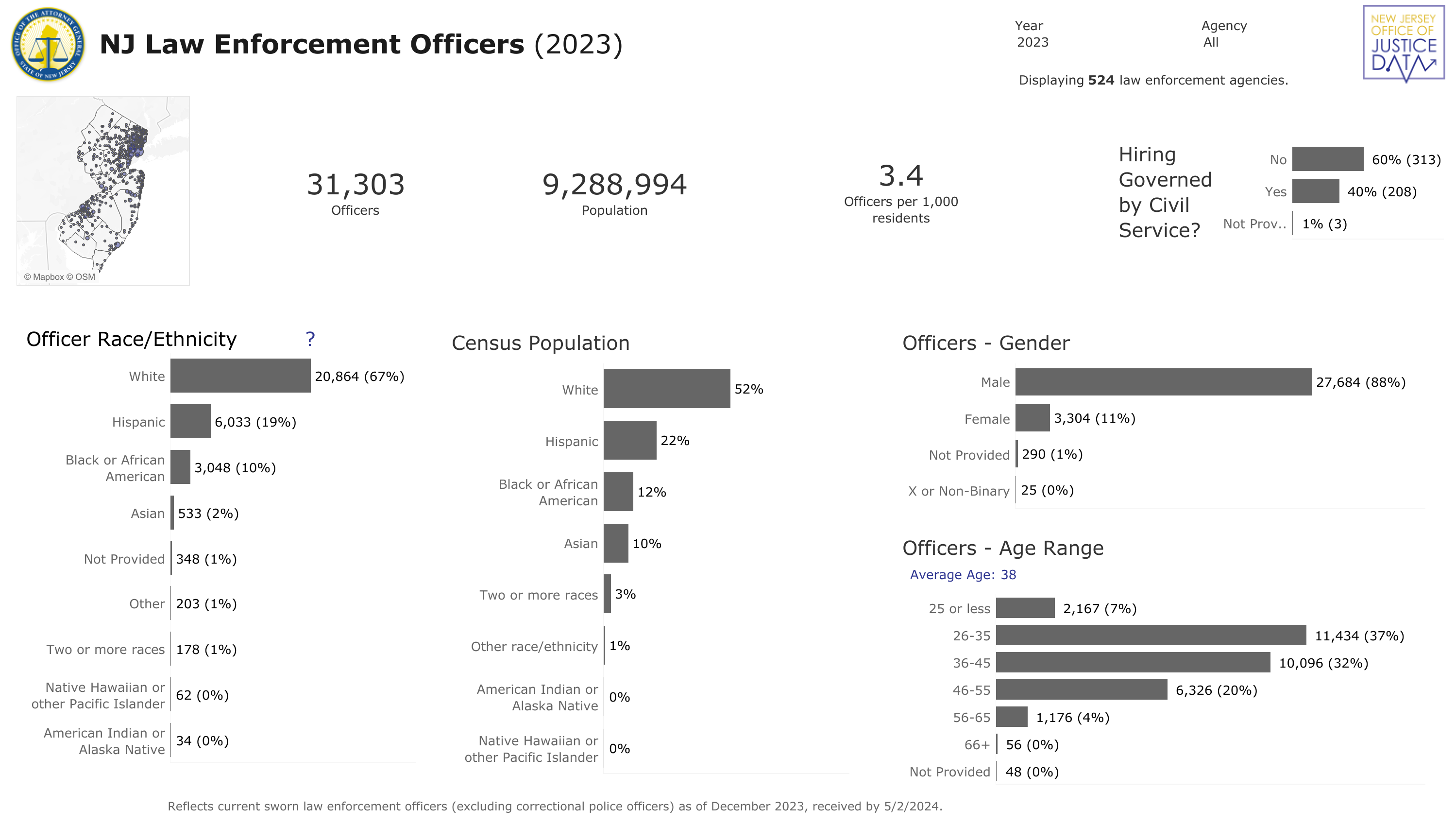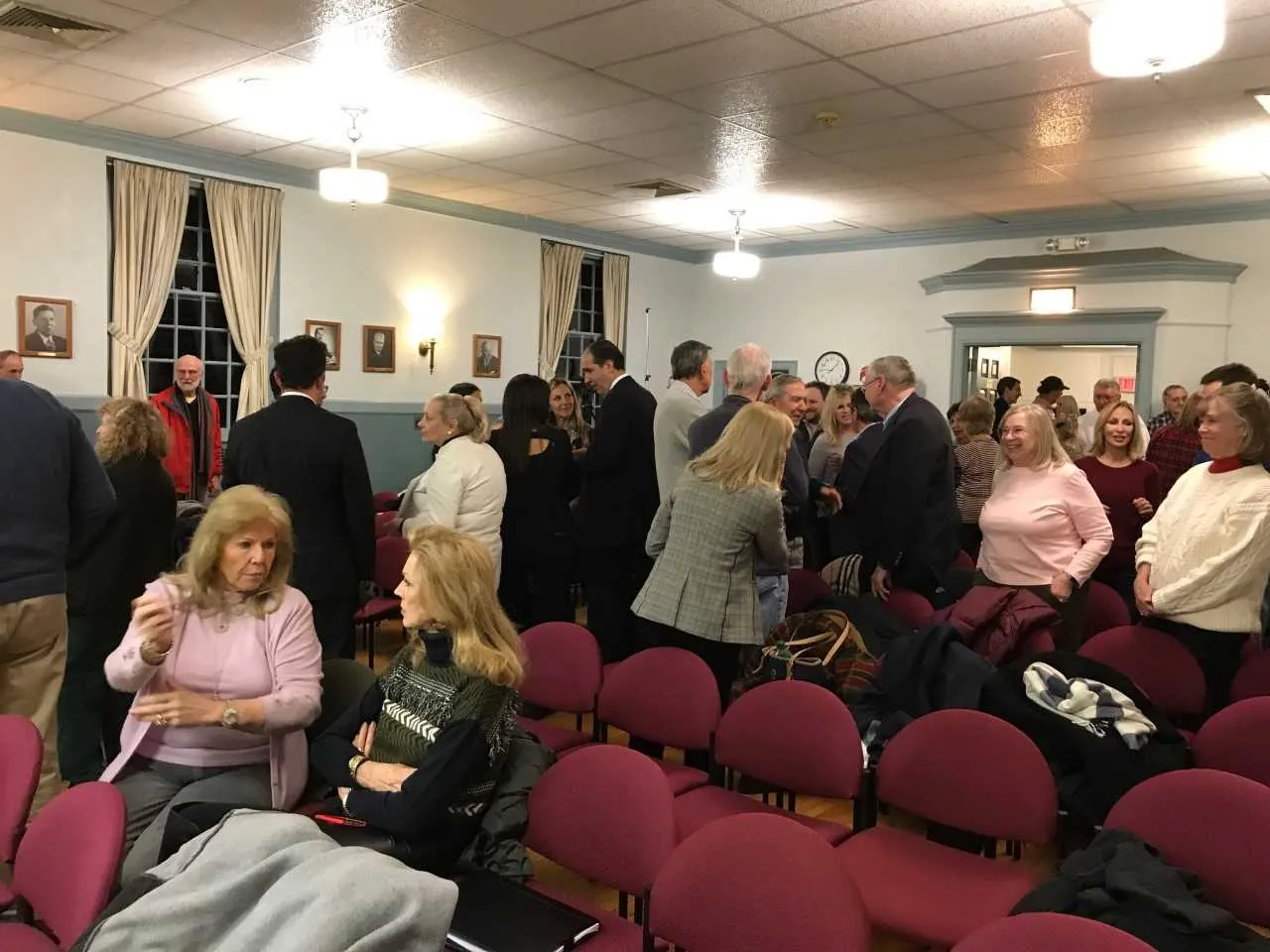Det. Sgt. Edward Riedel’s internal affairs report has ignited outrage among residents and advocates, many of whom view it as a troubling blueprint for intimidation within the Saddle River Police Department. The report not only highlights the department’s internal dynamics but also suggests a systemic effort to stifle accountability, particularly against those who dare to speak out.
At the heart of the controversy is the allegation that Riedel sought punitive actions against officers who reported misconduct, a stance that undermines the core values of law enforcement. The recent lawsuit against the department reveals critical evidence of Riedel’s role in perpetuating this culture of fear. Documents filed in court outline instances where Riedel explicitly stated that officers should be charged for reporting illegal activities, which is a clear violation of departmental policy and ethical standards.
Residents are expressing profound feelings of betrayal and disappointment in their local law enforcement. “We expect our police to uphold the law, not to intimidate those who try to report it,” remarked a local activist, highlighting the community’s growing frustration. The sentiment is echoed throughout the community as trust in the department erodes.
As investigations into these allegations unfold, community leaders are calling for urgent reforms that prioritize transparency and accountability within the police force. “We need to create an environment where officers can report misconduct without fear of retribution,” emphasized one community advocate. The need for systemic change has never been more pressing, as residents demand a police department that genuinely serves and protects them rather than punishes those who dare to hold it accountable.
The stakes are high as the Saddle River community grapples with the implications of Riedel’s actions and the broader culture within the police department. Without significant reforms, the cycle of intimidation and fear may continue, leaving residents to question the integrity and accountability of those sworn to protect them.










Leave a Reply